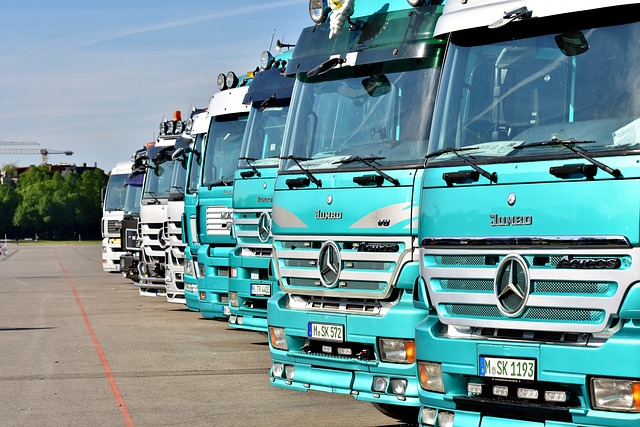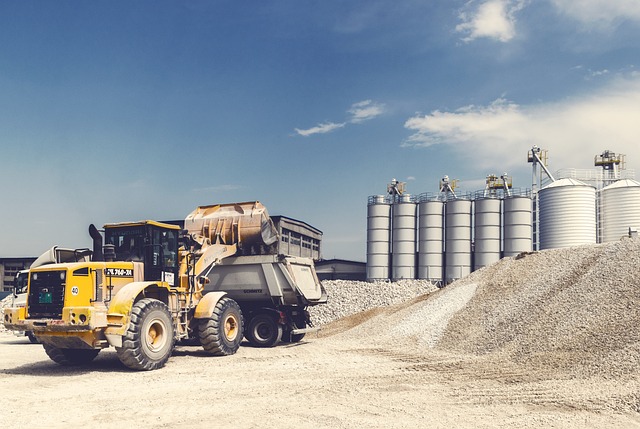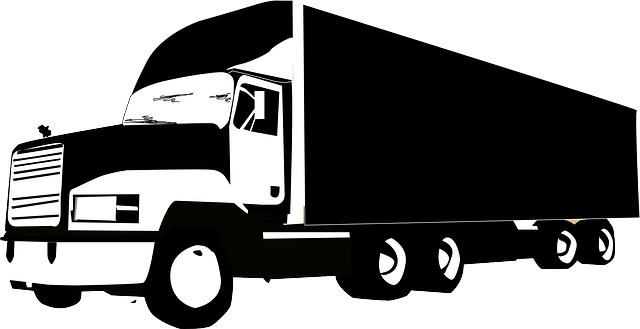Cargo insurance startups require a solid understanding of Basic Liability Coverage to navigate industry complexities, protect against financial losses from goods damage or loss during transit, and mitigate legal liabilities. This coverage shields startups from accidents, theft, operational damages, and compensation claims by shippers, fostering a robust and reliable business environment in the competitive cargo insurance landscape. By leveraging data analytics and digital platforms, these tech-driven companies streamline traditional insurance processes, offering real-time tracking, quick claims processing, and customized policies tailored to diverse shipping needs, disrupting the market with a more efficient, transparent, and accessible approach to freight risk management.
Introducing our comprehensive guide designed specifically for new operators in the cargo insurance industry. Understanding essential coverage types is crucial for the success and sustainability of your startup. This article delves into the critical aspects of liability coverage, offering insights on basic liability insurance and how to tailor it to protect your business. We explore the nuances between comprehensive and specific cargo insurance policies, helping you make informed choices. Additionally, we navigate risk management strategies, international trade challenges, and provide essential tips for new operators seeking global cargo insurance solutions.
Understanding Basic Liability Coverage for Cargo Insurance Startups

For cargo insurance startups, understanding Basic Liability Coverage is a foundational step in navigating the complexities of their field. This type of coverage plays a pivotal role in protecting businesses against potential financial losses incurred due to damages or losses related to goods during transit. By insuring against these risks, startups can mitigate significant financial strain that could otherwise arise from legal liabilities and compensation claims.
Basic Liability Coverage typically covers a wide range of scenarios, including accidents, theft, and damage caused by their own operations. For cargo insurance startups, this means safeguarding themselves against claims made by shippers for any harm or loss suffered by the goods they carry. It’s crucial for these young companies to grasp how this coverage operates, ensuring they are adequately protected as they establish themselves in the competitive world of cargo insurance.
– Definition and importance of liability coverage

Liability coverage is a crucial component for new operators, especially those in the cargo insurance startup space. It protects businesses from financial loss or damage resulting from accidents, injuries, or property harm caused to others during operations. This type of insurance is essential as it shields startups from potential legal liabilities and financial burdens that could cripple their growth.
For cargo insurers, liability coverage ensures the safety of transported goods and offers protection against claims related to negligence in handling, storage, or distribution. It’s a safeguard against lawsuits and settlement costs, which can be significant for startups operating in high-risk industries or dealing with valuable commodities. Understanding and securing appropriate liability coverage is vital for new operators to mitigate risks and foster a robust and reliable business environment.
– Common scenarios where liability coverage protects startups

New operators, especially startups in the logistics and shipping industry, often find themselves navigating uncharted waters. One crucial aspect of their journey is understanding the importance of liability coverage. This type of insurance acts as a shield against potential risks and financial losses that may arise from various common scenarios.
For cargo insurance startups, liability coverage is essential to protect against instances like property damage or loss during transit, which can be attributed to accidents, natural disasters, or even negligence. It also covers legal expenses and compensations if the startup is held liable for personal injuries sustained by third parties related to their operations. This includes situations where goods are delivered late due to unforeseen circumstances, leading to business interruptions, as well as cases of cargo misclassification or mislabeling causing significant delays and financial implications.
– How to choose the right level of liability insurance

When navigating the complex landscape of cargo insurance for new operators, understanding essential coverage types is paramount. For startups, comprehending basic liability coverage isn’t just about protecting assets; it’s a strategic move to safeguard against potential risks and ensure business continuity. By choosing the right level of liability insurance, cargo insurance startups can effectively manage uncertainties, foster growth, and thrive in a competitive market.
